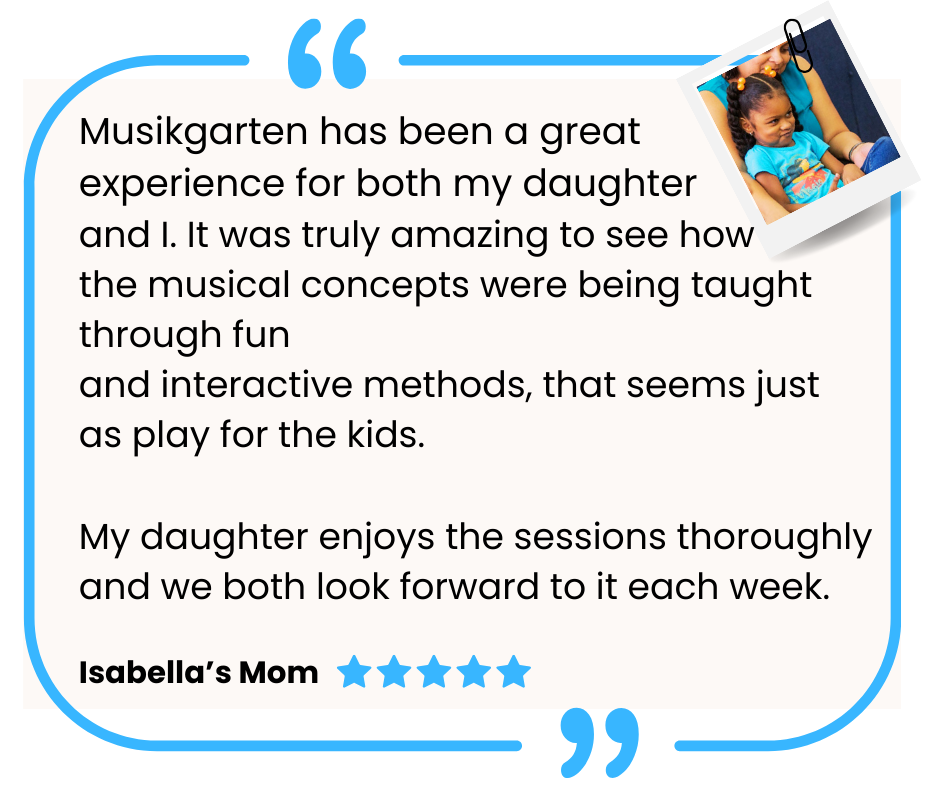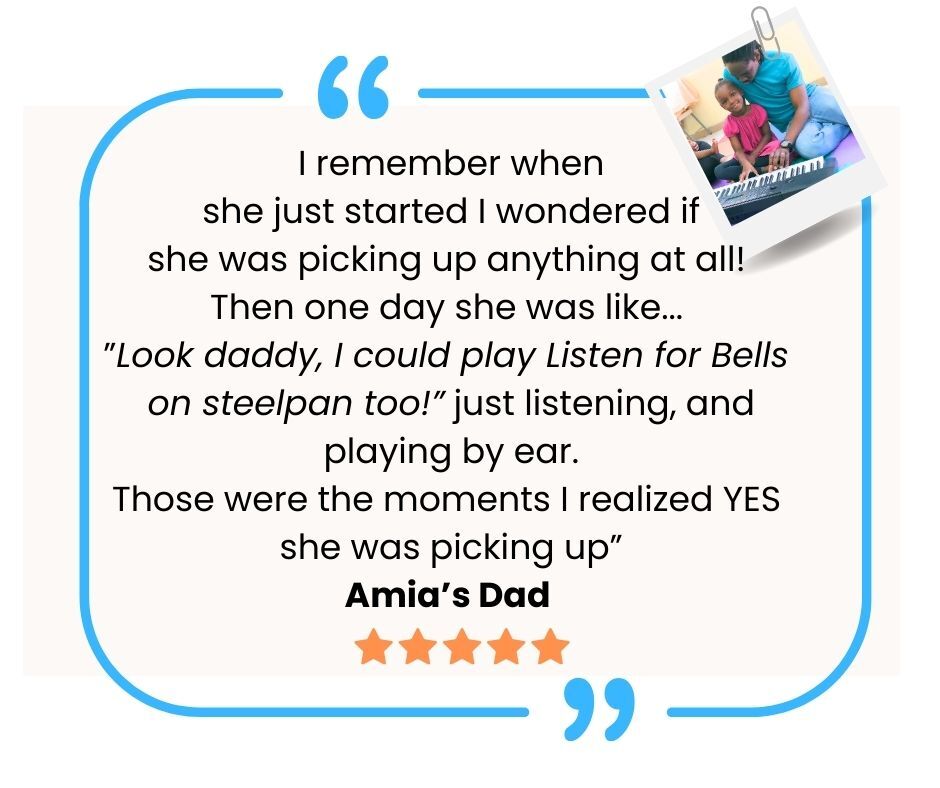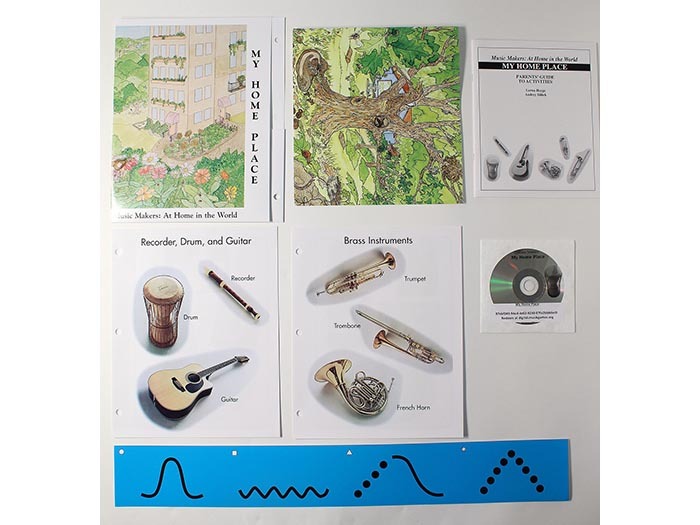Is Your Child's Future Being Lost in a Sea of 'Busyness'?
The Real Way to Help Them Shine in the Years Ahead!

Are You Accidentally Holding Your Child Back?
As a parent, you want your child to succeed. With packed schedules with school, co-curricular activities, extra lessons... it's a constant race to keep them busy and get them ahead.
But what if all this "busyness" is actually stopping them from building the real skills they need for true success in primary school and later in life?
What if, in trying to do everything, you're accidentally creating "robots" instead of the smart, creative, adaptable kids who will truly excel?
The Truth About Our System (And Most Why Most After-School Activities Fall Short)
Let's be honest about our primary school system. It often feels like it's designed to make kids just regurgitate information. There seems to be little to NO focus on a child's true developmental needs – stuffing knowledge down their throats and preparing them for tests, often with a heavy burden of stress.
And what happens after the bell rings? Often, kids jump into other activities that are just an extension of school's rigid approach. More instruction, more rules, more programming. They train kids as if they were in an army, no interaction, no communication, not to think for themselves. This isn't the solution. It's simply prolonging the high-pressure, narrow approach your child faces all day.
We can't dismantle the school system overnight. But you can choose a radically different path for how your child spends their precious time learning and growing outside of it.
Why Alabanza Music is Radically Different (And Why It Matters)
At Alabanza Music, we do things differently, and we're confident in our approach. If you just want your child to pound out a few notes for a quick "accomplishment," frankly, this isn't the place for you. We're not about just playing a song; we're about building brilliant brains and resilient humans.
We deeply understand how your child's brain and body truly learn best at this important age. We don't just follow what everyone else is doing – we follow what science tells us is best for your child's growth.
We proudly use the internationally recognized Musikgarten® programme - designed for real cognitive and character development in the early years. It’s not about performance — it’s about attention to rewarding the process of learning.
Unlike typical activities that simply program kids to follow instructions, we create a unique space where children are encouraged to explore, come up with their own ideas, and truly be heard. This means no stress of performance or stuffing facts; just genuine opportunities to learn.
This approach might seem unconventional here in Trinidad & Tobago, but it's the exact blueprint used by countries with the highest educational standards, like Finland, who understand the vital role of play and innate curiosity.
So, would you want to go with another robotic activity, or one that's based on the way children should learn? If that's you (the way they learn), you've come to the right place!
Inside the Music Makers Pre-Piano & Voice Class: Learning Through Play
So, what does this "different" way of learning music actually look like?
In our Genesis Music Makers Pre-Piano I Class, your child won't just sit and repeat. We believe true learning happens through joyful exploration!
In each 40-minute session, your child will:
Explore Sound & Rhythm:
Through engaging games, songs, and movement, they'll discover how music works.
Creative Play with Instruments & Voice:
They'll get hands-on experience with instruments, not just to play or sing a song but to explore and create their own sounds, rhythms and melodies. This includes an introduction to the piano, vocal training and much more!
Develop Listening Skills:
Activities designed to sharpen their ears, critical and analytical ability, helping them hear and understand (music) in a deeper way.
Multilingual Musical Discovery:
Experience songs and musical activities that introduce them to diverse languages and cultures, fostering cultural awareness and sensitivity. They'll explore sounds in Spanish, French, and more, broadening their expression, comprehension and cultural awareness.
Act & Tell Stories Through Music:
We encourage them to express themselves and their ideas using musical elements, use of their bodies, fostering their unique voice and sound.
Interactive Group Fun:
Learning happens best when it's shared! Children will play and create together as an ensemble, building social skills and confidence.
This is a pre-piano class focused on building a strong musical foundation through play-based learning, setting the stage for future instrument mastery while developing vital cognitive skills.
This short video gives you a behind-the-scenes look at how we use music, movement, and creative play to build real musicianship — not just entertainment.
The Key to Unlocking Your Child's Brightest Future
Did you know that quality music classes (done right) do amazing things for your child's brain?
The most recent research with primary school-aged children is specific about the time needed for these benefits to flourish. It shows that for just 40 minutes, consistently each week, for about 5 months, your child will build foundational skills that will serve them for years.
Here's how this consistent, focused time powerfully impacts their development according to the study:
Sharpens Minds: Boosts language, literacy, and math skills by enhancing auditory processing and pattern recognition.
Ignites Creativity: Fosters imaginative thinking and problem-solving, equipping them for life's challenges.
Builds Resilience: Develops emotional regulation and focus, helping them manage stress and build stronger social connections.
Why This Music Professional Invested In Alabanza Music For Her OWN Child
"When I saw this extremely unique and so well deconstructed approach to music, I was roped in right away!"


This is a crucial, strategic investment in your child's cognitive development, emotional well-being, and long-term success. Unlike typical "extra lessons" that merely teach to doing some exam, our program builds foundational skills that last a lifetime.
Don't Miss Out: Secure Your Child's True Advantage
This isn't just another after-school activity. This is you making a decisive move to invest in your child's brain power, their emotional strength, and their lasting success.
If you're serious about giving your child a real, undeniable advantage – one built on genuine growth, not just busy schedules – then take the first step today.
Your Investment in Your Child's Future: Experience the Difference, Risk-Free
Still Want To Be 100% Sure This Is The Right Fit?
We understand. That’s precisely why we created the Introductory Ramajay Experience – your no-risk, no-long-term-contract pathway to seeing the difference firsthand.
Just $495 secures your Family Onboarding and your first transformational classes. Witness the proven impact of our research-backed learning before any commitment.
Spots are strictly limited for optimal results, so delaying means risking your child's opportunity. This programme is for parents who truly understand the power of foundational, research-backed learning.
Ready to secure your child's advantage and see them stand apart?
Come and Ramajay with us!
Frequently Asked Questions
What activities are done in this Musical Pueblo class?
Imagine this: your child, confidently stepping forward, not just to take a solo—but to hold their own as part of a band. You’re beaming with pride, watching them listen, collaborate, and create music with their peers. That moment? It starts right here, in Musical Pueblo.
At first, parents/caregivers are part of the fun, joining the session to support and share the joy. As children grow in confidence and independence, you’ll come in at the end to observe their progress during the review.
We dive into:
- Singing, chanting tonal and rhythmic patterns
- Poetry, storytelling and dramatic play
- Movement activities that connect the body to the beat
- Guided listening to train young ears
- Playing familiar melodies on pitched percussion instruments
- Manipulative games that make learning hands-on and engaging
- Your child will begin to explore key concepts like beat, pitch, tempo, dynamics, rests, and instrument families, all through the lens of their world—home life, nature, animals, and play.
We build maracas, fold boats, color musical scenes, and even do art projects—all designed to strengthen fine motor skills and coordination, while deepening their musical understanding.
Musical Pueblo isn’t just a music class—it’s a joyful training ground where children grow musically, emotionally, and socially. It’s where the seeds of musicianship are planted in fertile soil, ready to bloom into ensemble readiness, music literacy, and a lifelong love of music.
What makes class at Alabanza Music different?
At Alabanza Music, we understand children and how children learn and benefit from music through evidence-based practice.
With a neuromusical multilingual educator or highly trained bilingual musician leading the way, Alabanza Music makes learning a joyful experience
Through structured weekly lessons supported by our research-based Musikgarten® curriculum, we engage in multi-sensory group music-making activities which can boost your child's confidence and communication skills, providing comprehensive support for your child's development across multiple areas, including:
- acute listening skills
- higher order analytical ability
- socio-emotional learning
- cultural sensitivity
- musical acuity
- multilingual communication
Explore the community "pueblo' as we cultivate your child's musical and personal development.
Will they learn to read notation?
Yes—but in a way that actually makes sense for kids.
Through songs, stories, movement, and games, children begin to aurally and visually recognize musical patterns, which is the true foundation of reading music.
It’s not about memorizing symbols—it’s about understanding music. And once that clicks, reading notation becomes fun, natural, and joyful. This is where music literacy really begins.
My child can't sit still, can music class really help my child to focus?
The answer might surprise you. The best way to help your active child focus isn’t by forcing them to sit still—it’s by letting them move more!
Children pre and early primary are wired to learn through movement. In fact, the more they move, the better they listen, process, and understand. But they just don't move enough in school.
That’s why our classes are built around playful, multi-sensory activities that channel their natural energy into rhythm, melody, language, and coordination.
So yes, your child’s wiggles are welcome here—and we turn them into musical grooves!
Shouldn't my child just be studying one instrument?
Not if you want them to actually win later on.
Here’s the truth: At this age, it’s not about drilling one instrument—it’s about building the foundation that sets them apart from the rest later on.
The kids who go the furthest in music (and in life) are the ones who first learned to:
Listen deeply, Move with rhythm; Express themselves through voice and body; Play in a group
That’s how you train the brain and body for real musical fluency. Because when the time comes for piano, pan, violin—you’re not starting from scratch. You’re activating skills that are already there.
Most parents skip this phase and wonder why their child loses interest or plateaus early. But the ones who don’t? Their kids fly past the rest—because the foundation is rock solid.
This class gives your child the competitive edge before the competitions even start.
Loved your Intro Package?
Seamlessly transition to our full semester or annual membership for deeper learning, complete with your Musikgarten® Family Kit, Weekly Digest of Parenting Hacks, Exclusive e-learning access, personalized support, and official Musikgarten® Certification. Ask us about our flexible payment options!

Keep the learning going at home
Research shows that musical experiences at home are also a major contributor to the development of grammar in preschoolers.
As such, we encourage and support continued musical play and learning at home with families.
When you enroll for the Semester you'll have:
*Exclusive access to our e-learning resources
*Packets with themed materials
The materials increase family involvement in the learning process and foster the love and appreciation of music and culture.
Loved your Intro to Music? Here's what's next...
If you and your little one are ready to truly dive deeper and unlock the full power of music education, this is your moment! You can seamlessly transition into our Full Semester then Annual Membership, maximizing your child's potential.
Here's what awaits you:
✅ Your personal Musikgarten® Family Kit to extend the learning and fun at home.
✅ Weekly Digest of Parenting Hacks to keep the musical marvel going effortlessly.
✅ Exclusive e-learning access to support music learning between classes, whenever you want.
✅ Personalized support from our dedicated team, guiding you every step of the way.
✅ Official Musikgarten® Certification option to recognize your child's progress.
This isn't just a membership; it's an investment in your child's holistic development, creativity, and future connections.
Membership starts at just $450/month with flexible payment options available.
If you'd like to continue after your Intro Package — we’ll make the transition super easy and incredibly rewarding for you. This is an opportunity you won't want to miss!


